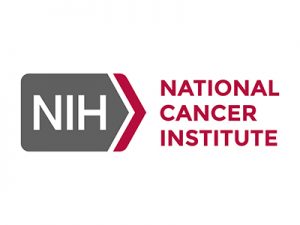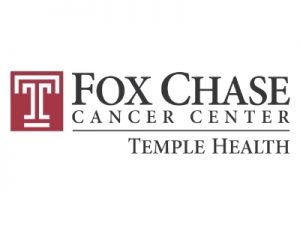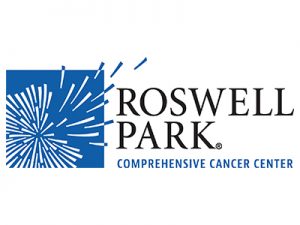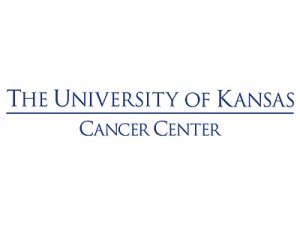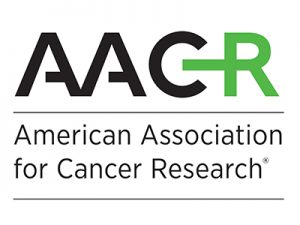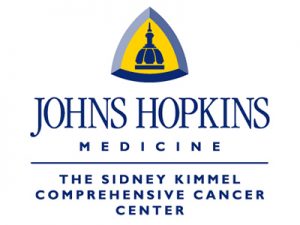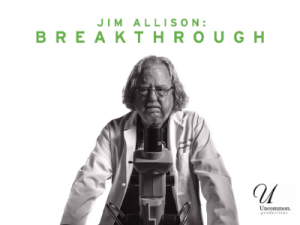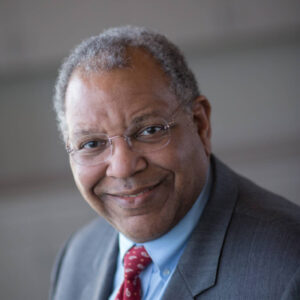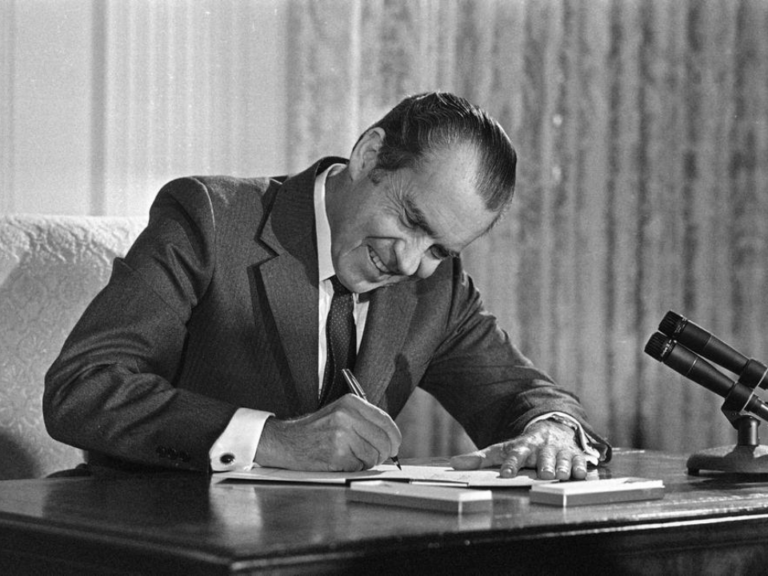Forty-nine years and a few days after the signing of the National Cancer Act of 1971, we launched the Cancer History Project. One year and 11,894 articles later, we have built a shared, collaborative, and unprecedented resource.
This is only the beginning. The Cancer History Project will continue in perpetuity.
We have demonstrated that we can collaborate with cancer institutions to present a history that has never before existed in one place—a history of an entirely new political and scientific process aimed to control a deadly disease.
A half a century ago, critics belittled the National Cancer Act, calling it a federal boondoggle. This argument is rarely heard today, as effective treatments emerge for cancers that were even recently viewed as incurable and as cancer mortality rates decline. Cancer research has paid dividends in other areas of medicine—including recently in development of vaccines for COVID-19 (The Cancer Letter, Feb. 19, 2021).
No other country and no other therapeutic area has a National Cancer Act.
This landmark law launched a government-wide effort, overseen by boards whose members are appointed by the U.S. presidents.
It led to rapid increases in appropriations, creating a funding stream for extramural science, bringing universities into the effort and creating a massive wave of technology transfer to the pharmaceutical and biotechnology industries.
It codified clinical trials cooperative groups as well as a system for gathering cancer statistics, set the goals for cancer prevention and control, and established a nationwide network of cancer centers, describing how they should operate and what they should seek to accomplish.
Progress—and politics—can be tracked in the archives of the Cancer History Project.
A collection of primary sources discussing the accomplishments of the National Cancer Act is available here.
We opened public access to the archive of The Cancer Letter, which has been publishing weekly since 1973. The archive is a detailed, real-time record of the National Cancer Program—and it’s searchable.
Consider three books that we had the honor to bring to our readers:
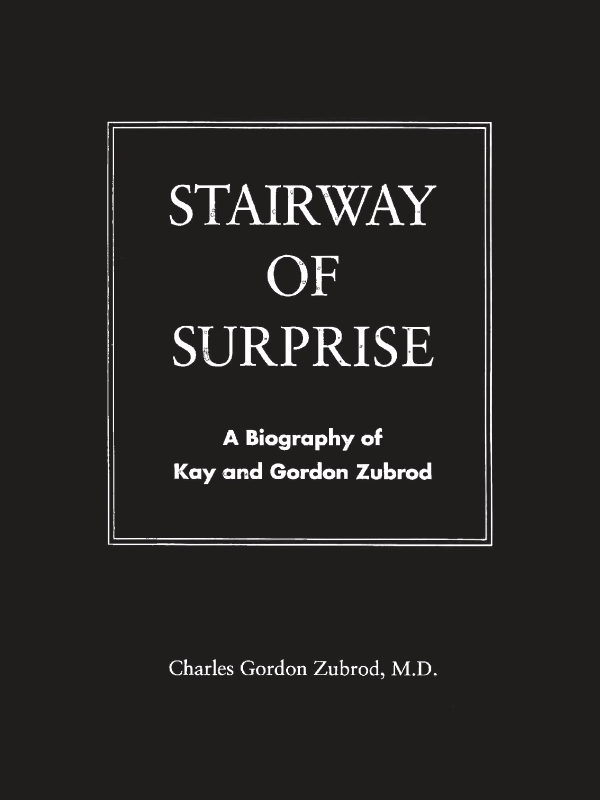

Gordon Zubrod: An argument can be made that the story of the war on cancer begins in 1956, when an infectious disease expert named Gordon Zubrod joins a government research entity nicknamed the National Mouse Cancer Institute. The cancer program without Zubrod is unimaginable, which is why the Cancer History Project began last January with his previously unpublished memoir.


Richard Rettig: Rettig’s authoritative book describes the complex political process that produced the National Cancer Act.


Joe Simone: Simone’s Maxims focuses on the culture of cancer centers and academic medicine. His oft-quoted maxim: “Institutions don’t love you back.”
Oral histories published in the Cancer History Project paint an even more vivid picture, and podcasts and videos add even more color. We invite you to peruse the NCI Oral History Project, celebrate diversity in our field, and explore the many contributions of women in oncology.
The National Cancer Act was signed into law on Dec. 23, 1971. This was the end of a long political process and the beginning of another. In 1972, the real work began. This anniversary marks the beginning of the 50th year, and the Cancer History Project will continue in our mission to preserve and highlight our shared history.
This week’s issue is focused on 1972: the beginning of a new era in cancer research. In addition to our usual news coverage, we invite you to immerse yourself in history:
- Nixon’s speeches from the signing are republished in full alongside original footage,
- In The Archives, a weekly column dedicated to cancer history, highlights papers published in Cancer, NCI’s effort to realize President Joe Biden’s promise to end cancer as we know it, and the Richard Nixon Foundation conference that commemorated the National Cancer Act’s signing.
This year, we experienced firsthand the urgency of this project. In 2021, we lost Walter Lawrence, Joe Bertino, Joe Simone, Albert de la Chapelle, Emil Freireich, Elihu Estey, Edmund Gehan, David Livingston, Thomas Waldmann, Martin “Mac” Cheever, Franco Muggia, John Potter, and José Baselga. This week’s issue features an obituary of Hal E. Broxmeyer.
In 2022, we will continue this work with urgency. We will curate and bring to your attention more books, more primary sources, more profiles, and more milestones. We will highlight more videos, more podcasts, and more photographs. We will host events and build community around the examination of our history.
To aid us in this mission, we invite you to join us:
- Become a contributor.
Eligible institutions include cancer centers, advocacy groups, professional societies, pharmaceutical companies, and other groups with a role in shaping or recording the history of oncology. Apply today. - Become a sponsor.
The Cancer History Project is funded by sponsorships. Sponsors receive an advertising package commensurate with the sponsorship level, and year-long logo placement on the Cancer History Project. Learn more in The Cancer Letter’s media kit.
Of the Cancer History Project’s 11,894 articles, here are the top 25 most-read in 2021:


- Video: Amy Reed, physician and patient who “moved mountains” to end widespread use of power morcellation
By The Cancer Letter | May 26, 2017


- Book: Simone’s Maxims: Understanding Today’s Academic Medical Centers
By Joseph V. Simone, made available through his estate | Jan. 29, 2021


- Joseph R. Bertino: 50 Years of Cancer Research, A “Golden” Opportunity
By Rutgers Cancer Institute of New Jersey | April 21, 2021


- Remembering Jane Cooke Wright, a Black woman, who was among seven founders of ASCO
By Edith Mitchell | Feb. 19, 2021


- To NCI designation through difficulty: How KU’s Roy Jensen made it happen
By The Cancer Letter | July 9, 2021


- Paul Calabresi: A Founder and Giant in the Field of Medical Oncology
By Cancer Center at Brown University | May 12, 2021


- Book: Gordon Zubrod’s panoramic vision shaped modern clinical cancer research
By Cancer History Project | Jan. 15, 2021
Related: C. Gordon Zubrod, 84, Dies, Led Chemotherapy Research, Built Cooperative Group System
The Cancer Letter archives | Jan. 29, 1999


- Carol Fabian: A Persistent Pioneer in Breast Cancer Research
By The University of Kansas Cancer Center | March 2, 2021


- Fran Visco: How 1960s activism shaped the movement that resulted in the DOD breast cancer program
By Cancer History Project | Sept. 10, 2021
Related: Susan Love on breast cancer activism in the 1990s
By Cancer History Project | Oct. 22, 2021


- Video: How Fred Hutch, UW and Seattle Children’s helped revive NCI-designated consortium cancer centers
By The Cancer Letter | July 16, 2021


- Video: NCCN’s Bob Carlson talks about the day he stormed out of a meeting with transplanters
By The Cancer Letter | March 26, 2021
Related: Bob Young: NCCN is a case study in keeping what works and discarding what doesn’t
By The Cancer Letter | March 12, 2021
Bill McGivney: How NCCN guidelines came to play a role in payment for cancer therapy
By The Cancer Letter | March 19, 2021


- Dr. Patricia Ganz: Changing the Face of Survivorship
By UCLA Jonsson Comprehensive Cancer Center | March 25, 2021
Related: Patricia Ganz on how survivorship went from being an outlier to the mainstream
By Cancer History Project | Nov. 19, 2021


- Video: Hait and Libutti in conversation; Rutgers Cancer Institute founder and its current director talk history
By Rutgers Cancer Institute of New Jersey | July 30, 2021


- A Legacy of Hope: Remembering Arti Hurria, M.D.
By City of Hope Comprehensive Cancer Center | Feb. 24, 2021


- Video: Bob Young: The evolution of consortium cancer centers since the signing of the National Cancer Act
By The Cancer Letter | July 23, 2021


- Podcast: Cancer Mavericks docu-series explores a history of cancer survivorship
By Cancer History Project | Sept. 24, 2021


- Video: Padmanee Sharma on coming to America and falling in love with science
By Jim Allison: Breakthrough | April 1, 2021


- Query Theory: A Tribute to Beatrice Mintz, PhD
By Fox Chase Cancer Center | May 4, 2021


- Panel: The three comprehensive cancer centers that set the model for a nation
By Cancer History Project | Aug. 6, 2021


- Barton Kamen: A “Grand” Illusion
By Rutgers Cancer Institute of New Jersey | June 8, 2021


- The Story of City of Hope
By City of Hope Comprehensive Cancer Center | Feb. 23, 2021


- Imagining Roswell Park, the world’s first cancer research center
By Roswell Park Comprehensive Cancer Center | March 25, 2021


- Helen Coley Nauts: The Woman Who Resurrected Cancer Immunotherapy
By Cancer Research Institute | April 1, 2021


- Legendary MD Anderson faculty member Dr. Emil J Freireich passes away at 93
By MD Anderson Cancer Center | Feb. 3, 2021


- What the NCI cancer centers program looked like in 1975
By Cancer History Project | Dec. 3, 2021
Related: John Yarbro’s “memos for the record” provide a detailed overview of the NCI Cancer Centers Program in 1975
By Cancer History Project | Dec. 3, 2021





